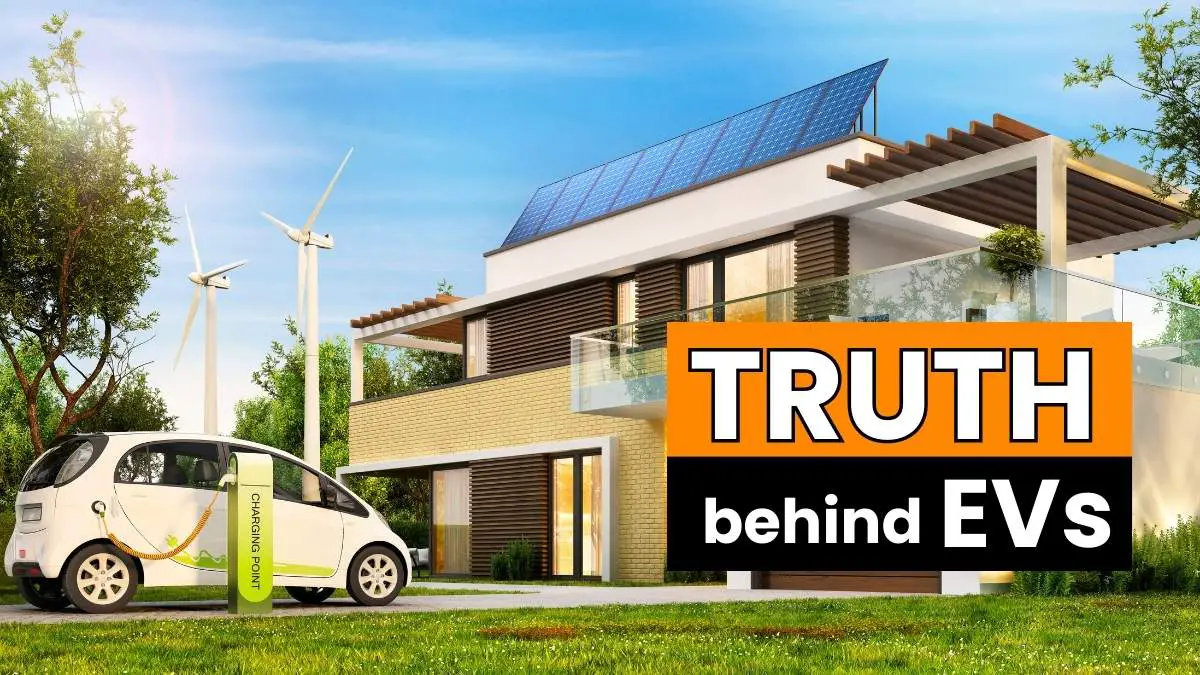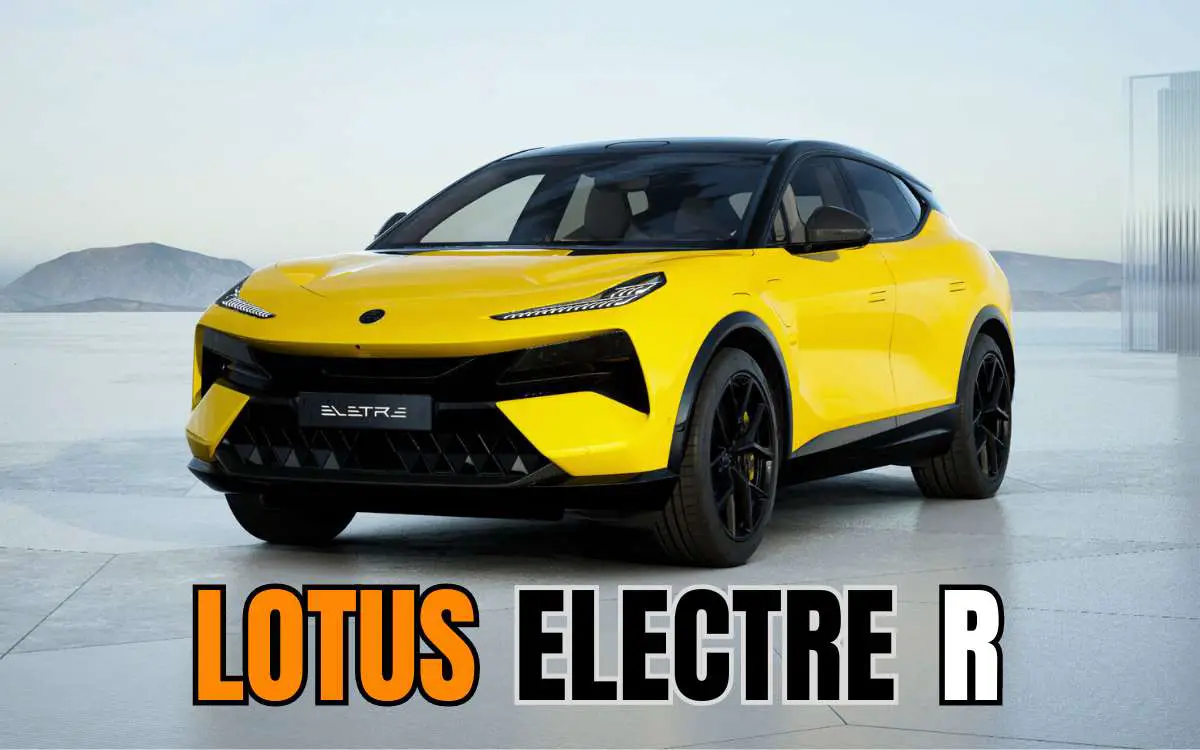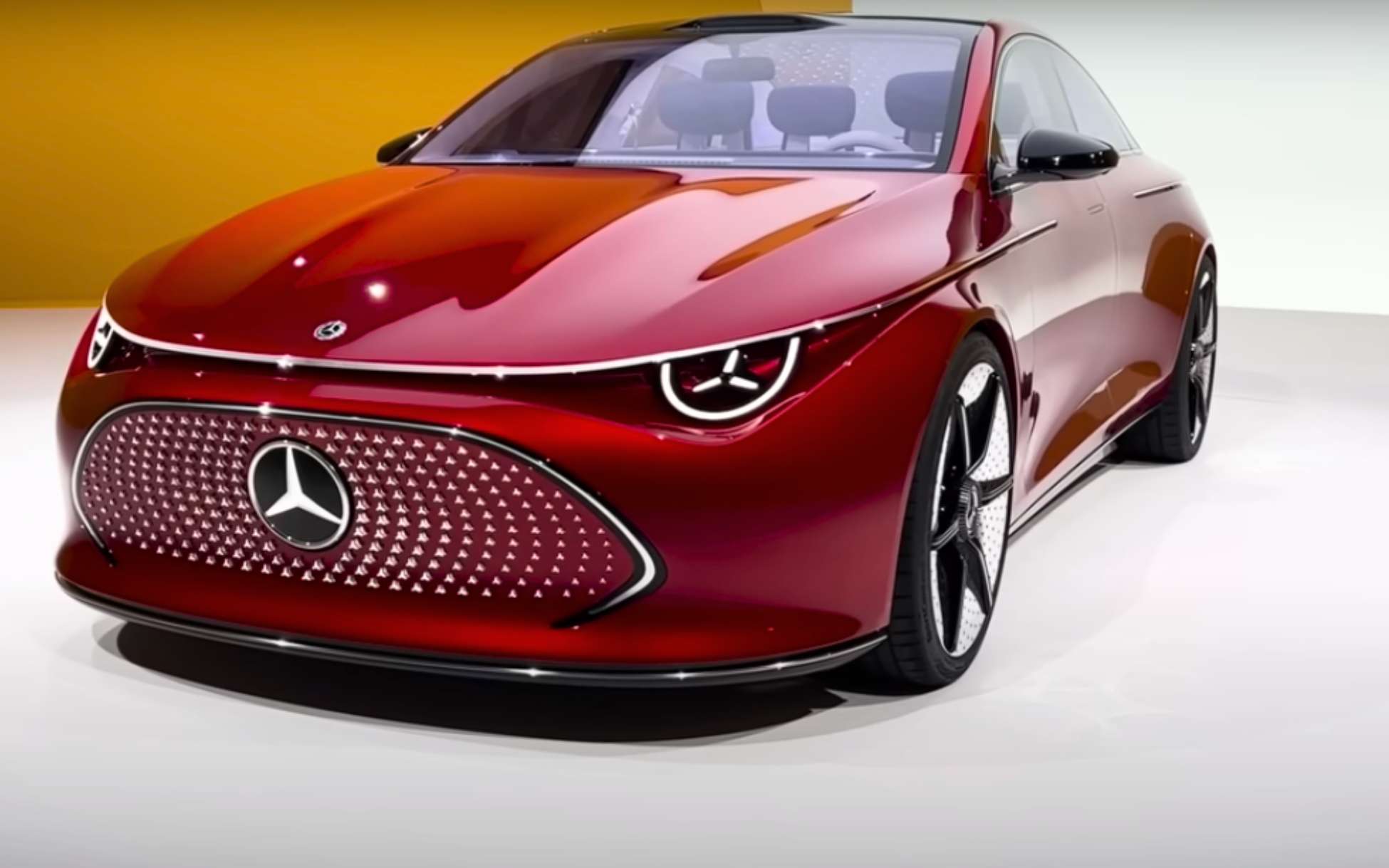In today’s world, the automotive industry is undergoing a transformative shift towards more sustainable solutions. As electric vehicles (EVs) gain popularity, a heated debate surrounds their environmental impact compared to traditional gas-powered cars.
Are electric cars truly better for the environment than their gasoline-powered counterparts?
In this article, we’ll tackle three common questions that people often ask. First, does the production of electric car batteries contribute significantly to emissions? Second, don’t electric cars draw their power from fossil fuels, negating any environmental benefits? And finally, is lithium mining as terrible for the environment as it’s often portrayed?
Emissions: Production and Usage
To determine which vehicle type is better for the environment, we’ll break it down into two main sections: emissions related to vehicle production and emissions resulting from vehicle usage.
Emissions of Vehicle Production: EV vs Gas
The primary reason for higher emissions in electric car production is the battery, with larger batteries generally requiring more emissions. For example, a small Nissan Leaf battery will require ⅓ of the emissions to produce compared to a larger Tesla battery.
If we assume a common baseline of emissions for both types of vehicles, excluding the emissions, here’s a simple comparison:
| Vehicle Type | Carbon Emissions (metric tons) in Vehicle Production |
| Gasoline-powered Car | Baseline: 10 |
| Electric Car (30 kWh Battery) | 10 + 5.3 = 15.3 |
| Electric Car (100 kWh Battery) | 10 + 17.5 = 27.5 |
It’s important to note that these numbers are approximate and based on a combination of various studies.
The specific emissions associated with vehicle production and battery production can vary depending on several factors, including the size and technology of the battery, manufacturing processes, and regional differences. Nonetheless, the data presented suggests that electric cars generally have higher carbon emissions during their production phase compared to gasoline-powered cars due to the batteries, ranging from 15% to 70% more than gasoline cars.
Emissions of Vehicle Usage: EV vs Gas
Now, let’s consider vehicle usage emissions. The average gasoline vehicle in the United States emits about 5.19 metric tons of CO2 per year while driving around 12,000 miles annually.
In contrast, electric vehicles emit approximately 2.2 metric tons of CO2 per year based on the national average energy mix.
The Breakdown: Electric Cars vs. Gasoline Cars
To compare the overall lifetime emissions of electric and gasoline cars, let’s look at the data in a comparison table:
| Vehicle Type | CO2 Emissions- Production (tons) | CO2 Emissions (tons/year) | Time to Offset Emissions (years) |
| Average Gasoline Car | 10 | 5.19 | – |
| 30 kWh Electric Car | 15.3 | 2.2 | 1.67 |
| 100 kWh Electric Car | 27.5 | 2.2 | 5.5 |
As we can see from the table, an average 30 kWh battery electric car takes just 1.67 years to surpass its gasoline competitor and offset its production emissions.
Even if you have to replace the battery during the car’s life, the electric car still breaks even in less than three and a half years. Larger battery packs, like the 100 kWh version in some Teslas, may take around 5.5 years to offset their production emissions, still significantly less than their useful life.
Important Facts You Should Know on EVs
Electricity Mix Matters
The environmental impact of an electric car also depends on the electricity mix used to charge it. In states, heavily dependent on coal, electric cars may take longer to offset their production emissions.
So, if you are driving a Tesla P100D in West Virginia, you are not doing the environment any favor.
However, in states with cleaner energy sources, like hydroelectric power, an electric car’s green benefits are evident sooner.
The Old vs. the New
Surprisingly, the numbers indicate that buying a new, cleaner electric car is more environmentally friendly than sticking to an older gasoline car.
The majority of automotive emissions come from vehicle usage in gasoline cars, not from production. So, even after just five years, the electric car becomes the greener option between the two.
Lithium Mining and the Bigger Picture
Lithium mining is often criticized for its environmental impact, but it constitutes only about 5-7% of an electric car’s battery.
Other elements like cobalt and nickel are more critical and more profitable to recycle. While lithium mining does have some water-intensive environmental consequences, it occurs in remote, ecologically less diverse areas compared to oil drilling for gasoline cars.
Debunking Common EV Myths
Let’s bust some myths surrounding electric vehicles to bring clarity to the debate.
Myth #1: EVs emit more emissions during production and charging than gas cars
False. Despite the higher initial production emissions of EVs, their overall emissions are significantly lower than those of gas cars throughout their lifecycle.
Myth #2: Electric grids can’t handle EVs.
This may be true for some countries, especially the developing world. But, in the U.S., electric grids have the capacity to handle a large influx of EVs without disruption.
Myth #3: Electric car subsidies only benefit the rich.
False. While government rebates may appear to favor the rich who can afford luxury EVs, the overall goal is to encourage the adoption of greener technology across all income levels.
Conclusion
Electric vehicles and gas-powered cars have been locked in an ongoing debate about their environmental impact. However, the facts reveal a clear winner: electric vehicles are undeniably more eco-friendly in the long run.
Although EVs may have a higher initial production footprint, their lower emissions during usage and potential to rely on cleaner energy sources make them a crucial part of our journey toward a sustainable future.
As technology evolves and manufacturing processes improve, electric cars will become even more environmentally friendly, paving the way for a greener tomorrow.
So, whether you’re a car enthusiast or an eco-conscious individual, embracing electric vehicles is a step towards a cleaner, brighter future for all. Let’s dive into this eco-friendly revolution together, where every journey counts in preserving our planet.
You may also like:






Leave a Reply